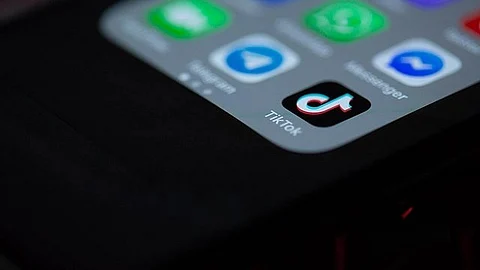As expected, videos that used 'role model' appeals, featuring famous actresses or sports stars advocating for a healthier lifestyle, garnered the highest levels of engagement. Similarly, videos aiming to shock or discourage certain behaviors also gained significant viewership. Unfortunately, both types of videos often lacked essential factual information and failed to promote achievable changes in behavior.
According to Jerin, nearly half of the videos analyzed incorporated role model appeals, indicating that personal stories resonate strongly with audiences. The emotional appeal of the content also played a significant role in driving audience engagement. Interestingly, mental health videos, despite being the most frequently covered health topic in EduTok videos, appeared to be the least engaging. The researchers are conducting a separate study to delve deeper into the emotional appeals used in mental health messaging to understand their impact on engagement.
Another concerning finding was the prevalence of videos encouraging self-diagnosis of mental health problems. O'Donnell highlighted the potential seriousness of this trend, as it may lead individuals, especially young people, to diagnose their own health issues solely based on brief social media clips.


